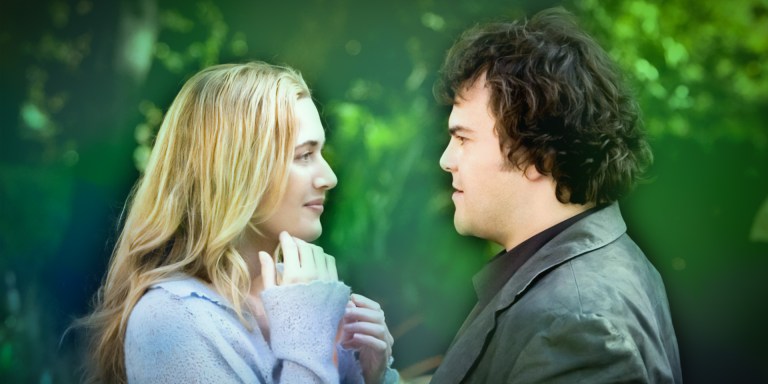
1. They don’t think their puzzle piece is broken just because they keep trying to fit it with mismatches. They don’t confuse a wrong relationship for there being something wrong about them.
2. They don’t assume that love is something you earn. They don’t buy into the idea that there’s a scale of lovability, and on the higher end are the most beautiful, successful, perfect people. They can look around at the world and see that people of all shapes, sizes and places on their journey find love, and that it’s not only given to a select few.
3. They listen to actions, not words. People say things all the time – things that often convince others that they’re madly in love with them, that they’re soul mates, and so on. Unless those words align with actions, they don’t matter. People who respect themselves value what people do, not what they say. They don’t use empty promises to justify being treated poorly.
4. They understand that great looks may elicit more attention, but don’t necessarily elicit more love.
5. They do not focus on whether they are “worthy” of love. They focus on whether they are brave enough to give and receive it openly. Everyone is inherently “worthy” of love – that doesn’t mean everyone receives it. The difference is not in whether or not you’re good enough for it – it’s in whether or not you’re willing to be open to it.
6. They understand that they don’t need to be perfect, but they need to be stable. When people talk about needing to “love yourself first,” it’s not that you have to figure everything out before you can find a partner, it’s that you need to be okay enough that you’re able to function healthfully within a relationship. If you’re using someone to save you, that’s almost impossible.
7. They ask people on dates, not to “hang out.” There’s a difference. There’s a big difference.
8. They are clear about their expectations immediately. You can’t blame someone for not treating you like a boyfriend or girlfriend when you kind of sorta implied that you “weren’t really looking for that right now, but are willing to see what happens.”
9. They show up to their relationships as the kind of partner they would hope to be with.
10. They do not seriously date, or consider marrying, someone who they wouldn’t be proud to have children exactly like.
11. They don’t assume that anyone who doesn’t want to be with them is automatically a “bad person.” It just wasn’t the right fit, or they just weren’t interested. They’re not trash just because they don’t like you. (However, they’ll often become trash when you know they aren’t interested and you keep going back for more.)
12. They acknowledge, and accept, other people’s intentions and desires. They do not assume that they can “convince” someone to love them, or commit to them, when they’ve explicitly stated or even just implied that’s not what they’re interested in. They respect themselves enough to not invest in someone who isn’t open to investing in them.
13. They don’t forget their lives when they get into relationships. Just because they’ve found someone doesn’t mean they throw away everything else they were doing beforehand. They build their lives based on their ambitions and desires, not to fill time until someone comes along to consume them.
14. They do not hold onto the wrong relationships because they are afraid of what it will mean if they don’t know who they’ll be with.
15. They teach people how to treat them by how they treat themselves. They communicate how others should approach them by how they carry themselves, how they speak, what they talk about, and so on.
16. They don’t only allow themselves as much happiness as someone else will give them. They realize that joy is something you find on your own, and then maybe get to share with someone someday. Not the opposite way around. ![]()






